Chilcot Inquiry: Doubts over report's release in 2015
- Published
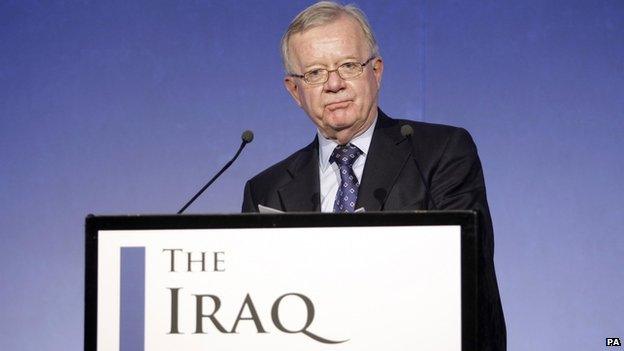
Sir John Chilcot began his work in 2009
The official inquiry into the 2003 Iraq War may not publish its long-awaited report this year, the BBC has learned.
It had been hoped that the Chilcot Report would be published soon after the general election.
A source close to the inquiry, which began in 2009, told Newsnight "nobody thinks it will come out this year". An inquiry spokesman declined to comment.
British forces lost 179 personnel during the conflict, of whom 136 were killed in action.
By 31 August 2010, when the last US combat troops left, 4,421 US personnel had been killed, of whom 3,492 were killed in action. Almost 32,000 had been wounded in action.
Tens of thousands of Iraqi civilians also died as a result of sectarian killings and a violent insurgency.
The inquiry was commissioned by the previous government to investigate the background to UK involvement in the Iraq War, which began when Tony Blair was prime minister.
In January, MPs reacted angrily to the news that the inquiry would not be published before the general election.
'Frustrating'
Having missed the pre-election deadline, another source involved in the inquiry told told Newsnight's Defence and Diplomatic Editor Mark Urban that "they [the inquiry] gave up trying to speed things up".
In February, inquiry chairman Sir John Chilcot told MPs he had "under-estimated" the time it would take to study up to 150,000 documents.
The Iraq Inquiry
finished gathering evidence
3 years
ago, after being launched in 2009
-
Witnesses cross-examined: 129
-
Estimate of total words spoken in evidence: 2.5 million
-
Documents studied: 150,000
-
Projected total cost: £10m
According to Mark Urban, Sir John originally intended to give those due to be censured a deadline by which they would have to make representations in their defence - but it was abandoned as the process became more complex.
The inquiry has also suffered from the death of one of its five panel members, historian Sir Martin Gilbert, as well as staff losses.
Rejecting calls to set a timetable for publication in January, Sir John said he did not want to "arouse false hopes".
Prime Minister David Cameron called the delay "extremely frustrating", while Liberal Democrat leader Nick Clegg said it was "incomprehensible".

The Iraq War
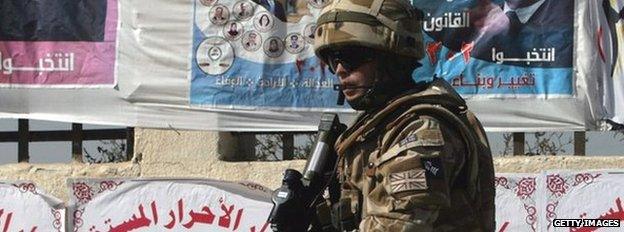
The US-led invasion of Iraq started on 19 March 2003 with a "shock-and-awe" campaign intended as a show of force
The US and the UK claimed Iraqi leader Saddam Hussein had weapons of mass destruction he was capable of using
The capital Baghdad fell in April and US President George W Bush declared "mission accomplished" weeks later
Saddam Hussein was captured in December 2003, tried by the new Iraqi government and hanged on 30 December 2006. Insurgency continued
British forces ended combat operations in 2009 and the US troop pull out was completed by the end of 2011
British-based organisation Iraq Body Count estimates 134,400 to 151,652 Iraqi civilians died since 2003; the United Nations puts the number at 18,805 between 2008-12 - all counts and estimates of Iraqi deaths are highly disputed
The Chilcot inquiry into the UK's role in the war was established by Prime Minister Gordon Brown in 2009

Some observers have claimed that the decision not to publish before polling day was due to concerns that criticisms of Mr Blair's government might be seen as harmful to the Labour Party.
Mr Blair has rejected suggestions he was behind the delay, saying it would be "far better" for him if the report were published.
In a statement, external, Mr Blair said he had "repeatedly" made clear that he was not responsible for hold-ups to the inquiry and suggestions to the contrary were "incorrect and politically motivated".
- Published21 April 2015
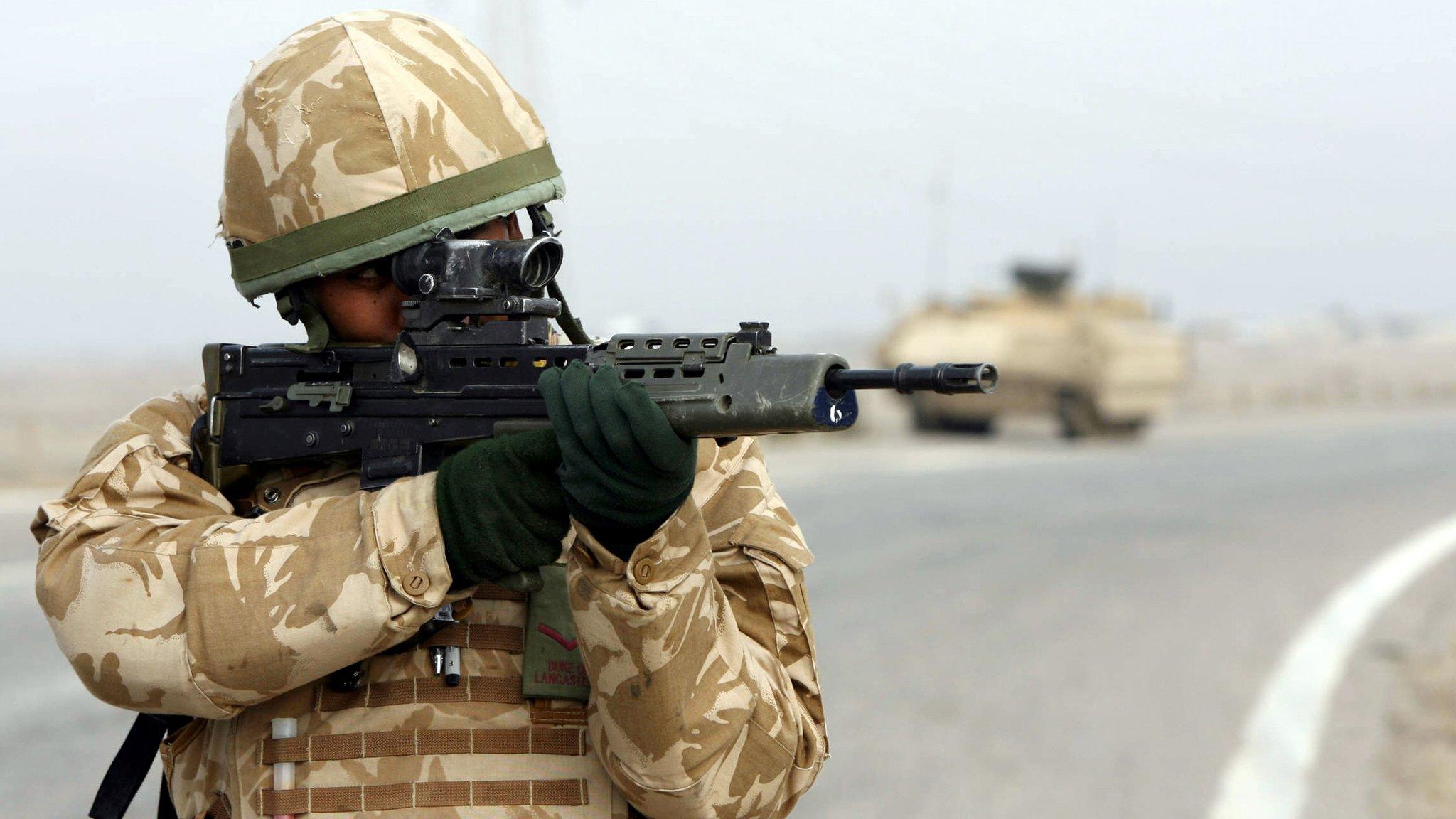
- Published4 February 2015
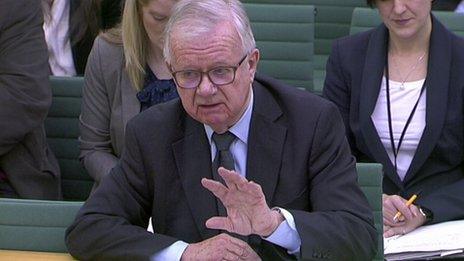
- Published5 July 2016
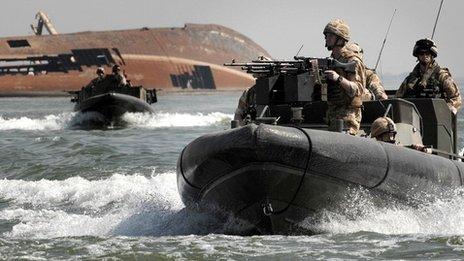
- Published21 January 2015
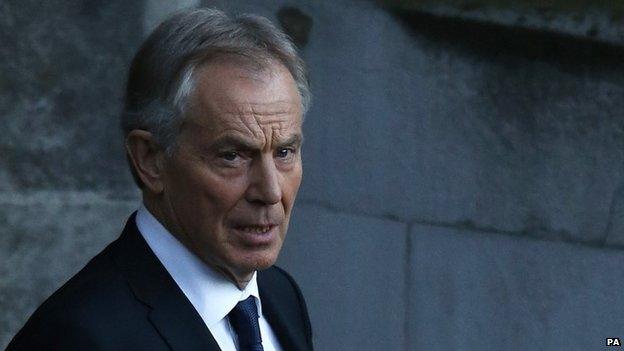
- Published21 January 2015

- Published21 January 2015
